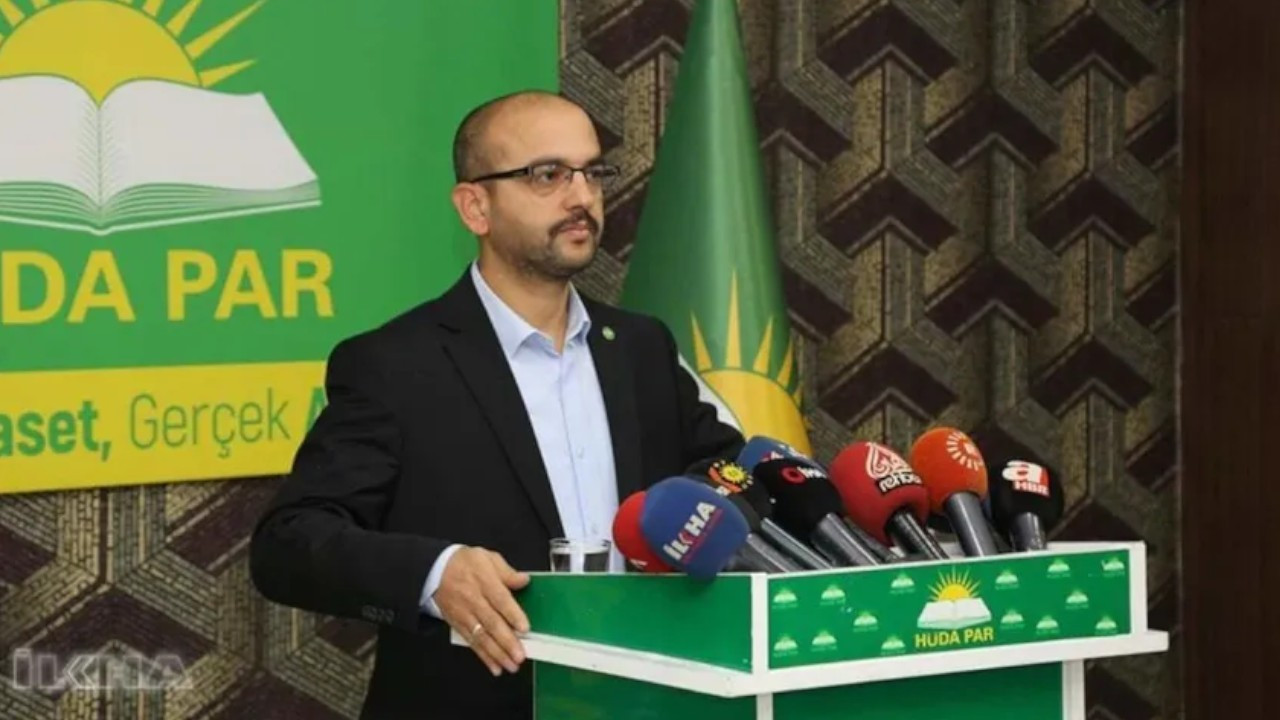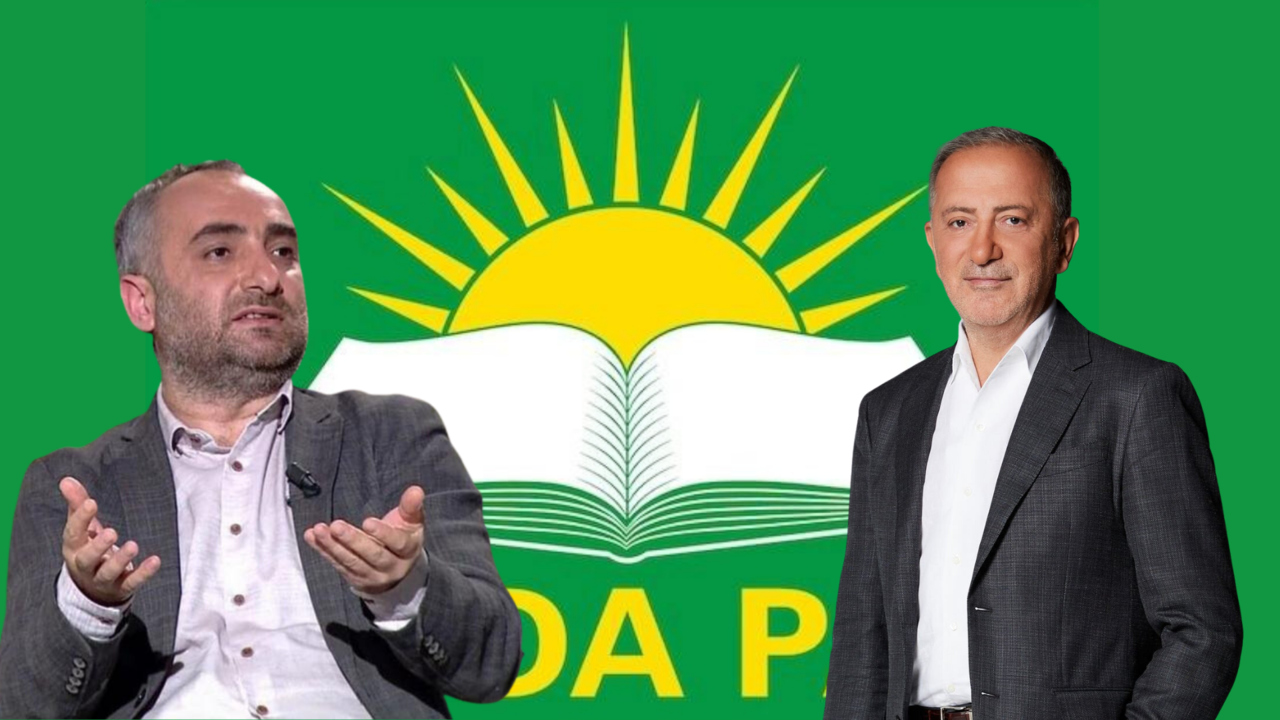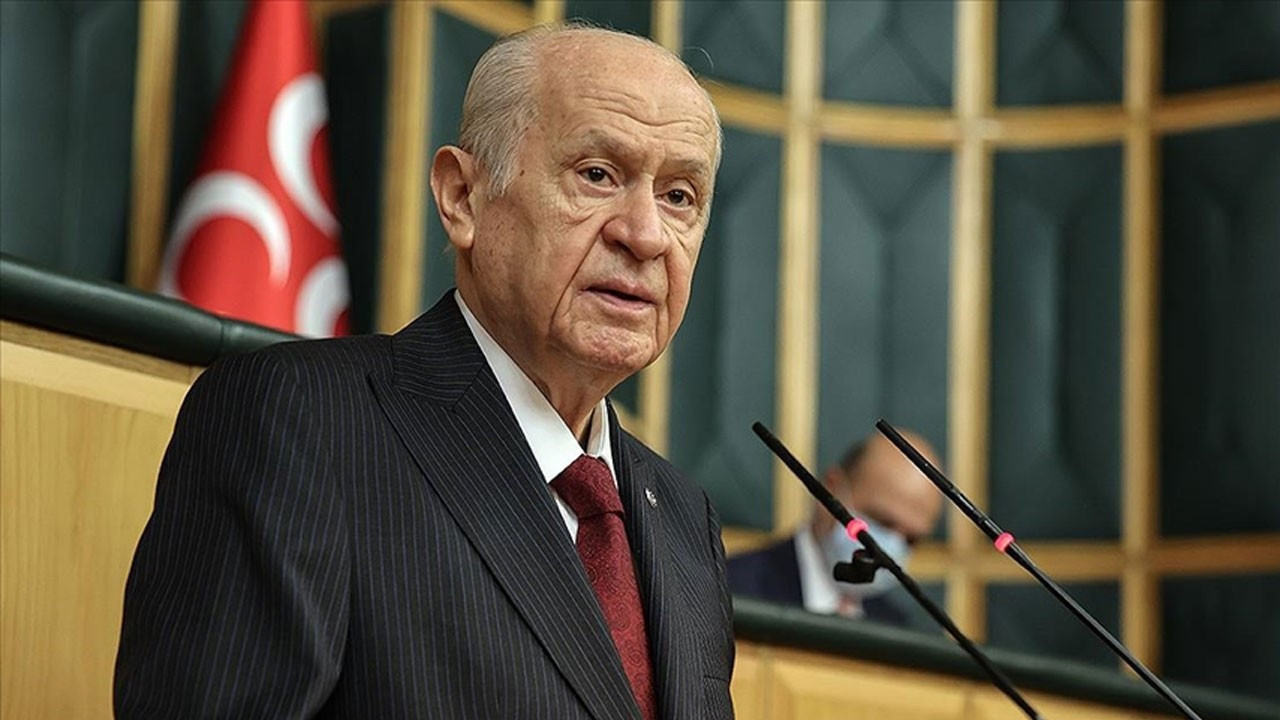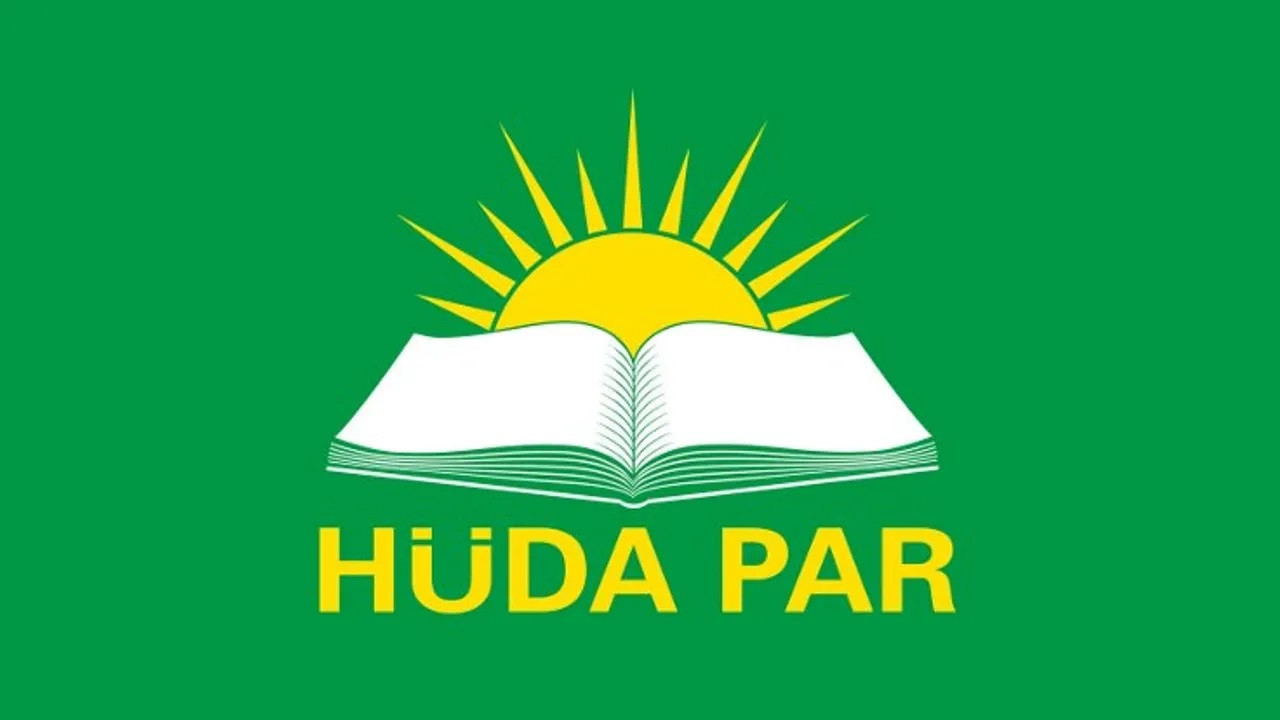HÜDA-PAR is not part of ruling alliance, AKP executive argues
AKP Parliamentary Group Deputy Chair Bülent Turan has argued that radical Islamist HÜDA-PAR is not a part of the ruling People’s Alliance. They “decided to support Erdoğan,” Turan noted, despite the AKP nominated four deputy candidates from HÜDA-PAR under their list for the upcoming general election.
Duvar English
Turkey’s ruling Justice and Development Party (AK Party) Parliamentary Group Deputy Chair Bülent Turan on April 26 argued that radical Islamist Free Cause Party (HÜDA-PAR) is not a part of their People’s Alliance.
“HÜDA-PAR is a separate party. We made the alliance with Mr. Erdoğan, Devlet Bahçeli, Mustafa Destici and Fatih Erbakan. We do not have an alliance with HÜDA-PAR. HÜDA-PAR decided to support Erdoğan,” Turan told broadcaster NTV.
The People’s Alliance officially consists of the AKP, the far-right Nationalist Movement Party (MHP), the far-right conservative Great Unity Party (BBP), and New Welfare Party (YRP). These four parties will appear on the ballot paper for the May 14 elections.
However, the AKP nominated four HÜDA-PAR executives under their list, including HÜDA-PAR chair Zekeriya Yapıcıoğlu, genel secretary Şehzade Demir, party spokesperson Serkan Ramanlı and general executive board member Faruk Dinç.
HÜDA-PAR's radical party program and affiliation with Hizbullah have severely drawn ire. The party supports the criminalization of extra-marital relationships and the expansion of single-sex education.
After HÜDA-PAR chair Zekeriya Yapıcıoğlu said “The name of the Turkish flag seems problematic to me. Why the Turkish flag (“Türk bayrağı”) and not Turkey’s flag (“Türkiye bayrağı”)? Some people insistently say to the Kurds 'this is not your flag',” AKP MP Tuğrul Türkeş on April 25 said “If he has the right to be offended by that flag, my right to be offended by HÜDA-PAR and its chairman is a democratic right.”
Hizbullah, which killed scores of people in the late 1980s and early 1990s, targeted mostly Kurds in Turkey's southeast region during fighting between Turkish security forces and the Kurdistan Workers’ Party (PKK).
Following a clash with police during a raid in Istanbul on Jan. 17, 2000, Hizbullah adopted a low-key profile and changed tactics to survive the clampdown.
It has started to reorganize itself quietly under a number of foundations, associations and other entities. Several members of the group established the HÜDA-PAR political party in December 2012 with the support of the current government, which green-lighted the party's entry into politics.

 AKP ally HÜDA-PAR calls for criminalization of extra-marital relationships, defends single-sex educationPolitics
AKP ally HÜDA-PAR calls for criminalization of extra-marital relationships, defends single-sex educationPolitics Turkish court bans news reports on Hizbullah upon request of radical Islamist party HÜDA-PARDomestic
Turkish court bans news reports on Hizbullah upon request of radical Islamist party HÜDA-PARDomestic Erdoğan ally claims fundamentalist Islamist HÜDA-PAR has no links to HizbullahPolitics
Erdoğan ally claims fundamentalist Islamist HÜDA-PAR has no links to HizbullahPolitics Ruling AKP ally HÜDA-PAR defends single-sex education, criminalization of adulteryPolitics
Ruling AKP ally HÜDA-PAR defends single-sex education, criminalization of adulteryPolitics